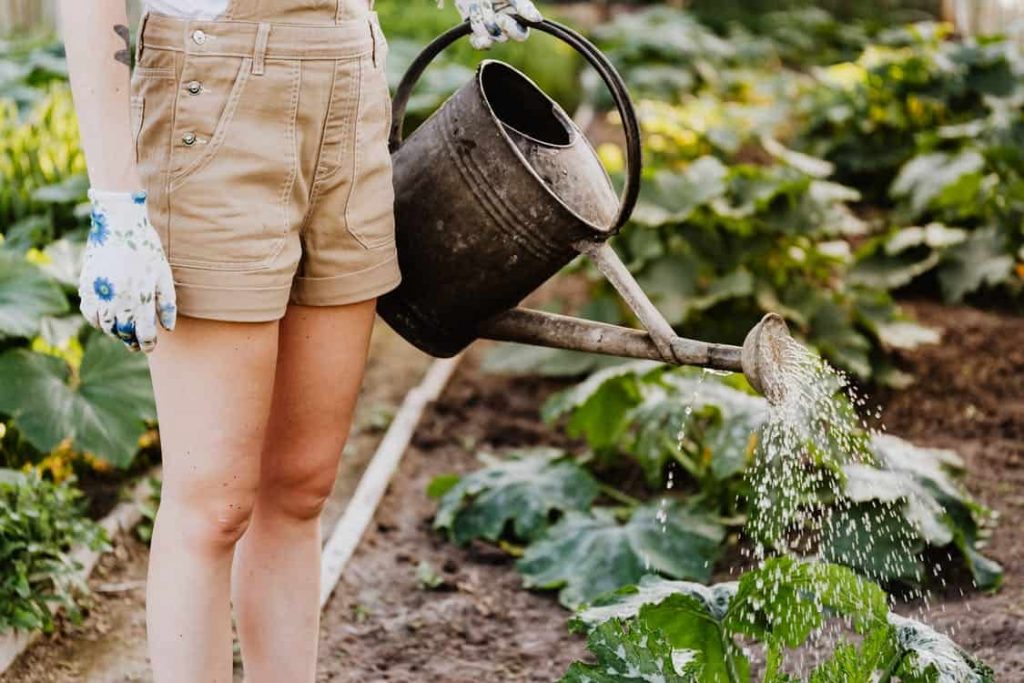Getting into the backyard and making something of the garden isn’t for the faint of heart. If you’ve never had the confidence that you can develop a green thumb, then it’s daunting. Yet, don’t let it hold you back because like most things in life, with greater experience comes increasing accomplishments.

https://www.pexels.com/photo/person-in-brown-shorts-watering-the-plants-4750270/
Here are 5 tips for beginner gardeners.
Position Plants to Receive Enough Sunlight
When wanting your plants to grow well, then it’s necessary to plant them where they’ll receive sufficient sunshine. Otherwise, the plants will struggle to get enough energy to prosper.
Do a little research on the different plants that you’re growing or were already present in your garden when purchasing the home. They don’t all need the same amount of sunlight. It’s a good idea to relocate plants that require more sunlight and to reposition others where the only partial sun is needed.
Avoid Pests Destroying Your Efforts
Pests come in all shapes and sizes. They can burrow under and into your garden or even scamper over a fence. Preventing the majority of these attempts is necessary to keep your garden from being destroyed.
Act early to protect your garden with these 3 fences because they provide enough height and security to prevent access into the backyard. They’re also useful to prevent intruders from doing the same thing. And if getting a solid vinyl fence, it’ll provide added privacy too.
Use Fertile Soil or Improve It
Some soil is not fertile enough to successfully grow plants or vegetables. As a result, nothing much will come from your efforts. If you’ve found this to be the case with previous tries, it could be a problem with the local soil quality.
Talk with your neighbors to learn if it’s a problem in the area or just on your land.
It’s possible to either replace the soil or enrich it with fertilizer. Getting a soil to grow bag and seeing what happens with growth performance provides a beneficial comparison. It’s also possible to perform soil tests to see where the problem lies.
Arrange Ready Access to Water Sources
Plants soak up plenty of water when you have a healthy selection of them. Vegetable patches are the same too.
While you can fill up a water bucket and carry it out, it’s best to have an external water tap and a garden hose to bring it to where you need it to be. This saves on the heavy lifting and avoids the tendency with new gardeners to water sporadically and overdo it.
The thinking is that sporadic watering of the plants will make up for several days without water. However, this risks the plants drying out and then getting flooded; neither is good for them.
Pace Yourself
Gardening involves a lot more physical activity than people realize.
There’s plenty of bending down, being on your knees digging into the soil, seating plants, or carefully removing weeds. It can feel like back-breaking work and if you’re a little older, then you’ll feel it physically.
Pace yourself. Don’t overdo it in the early days and weeks of taking up gardening because the physical discomfort will make you not want to continue. Pursue a little and often strategy to get the best results.
Gardening is rewarding for people who enjoy making something of their backyard to appreciate later. It’s a learning curve, but the good thing is that it can be taken at your own pace.